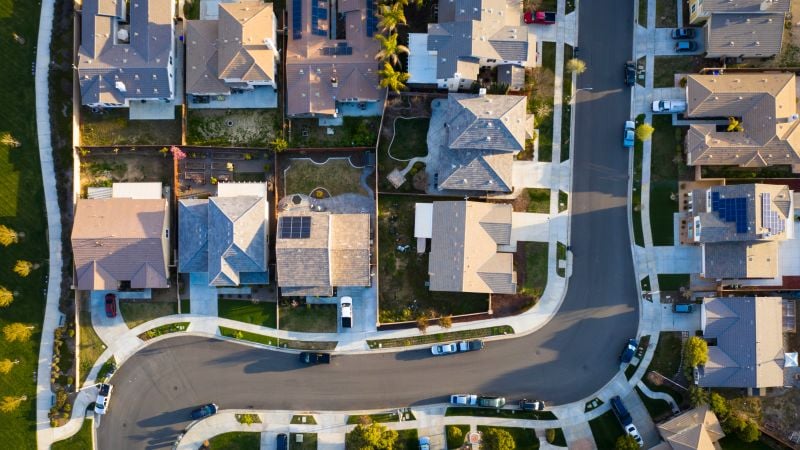- cross-posted to:
- urbanism@hexbear.net
- cross-posted to:
- urbanism@hexbear.net
After 33 years and four children, Baby Boomers Marta and Octavian Dragos say they feel trapped in what was once their dream home in El Cerrito, California.
Both over 70, the Dragos are empty nesters, and like many of their generation, they’re trying to figure out how to downsize from their 3,000-square-foot, five-bedroom home.
“We are here in a huge house with no family nearby, trying to make a wise decision, both financially and for our well-being,” said Dragos, a retired teacher.
But selling and downsizing isn’t easy, appealing or even financially advantageous for many homeowners like the Dragos family.
Many Boomers whose homes have surged in value now face massive capital gains tax bills when they sell. This is a kind of tax on the profit you make when selling an investment or an asset, like a home, that has increased in value.
Plus, smaller homes or apartments in the neighborhoods they’ve come to love are rare. And with current prices and mortgage rates so high, there is often a negligible cost difference between their current home and a smaller one.



I think you just argued against home ownership. The point in the equity is that it has a sustained value but is also non-fungible. The moment they sell the house, they will have all that cash to pay that tax bill. If they turn that equity into new equity (i.e sell one house and buy another) then they won’t pay a single cent unless their earnings are greater than $500,000.
Also the people in the article DO NOT WANT TO LIVE THERE ANYMORE but will not sell to a family who does want to live there because they don’t want to pay a little bit of taxes. And people wonder why everyone hates Boomers.